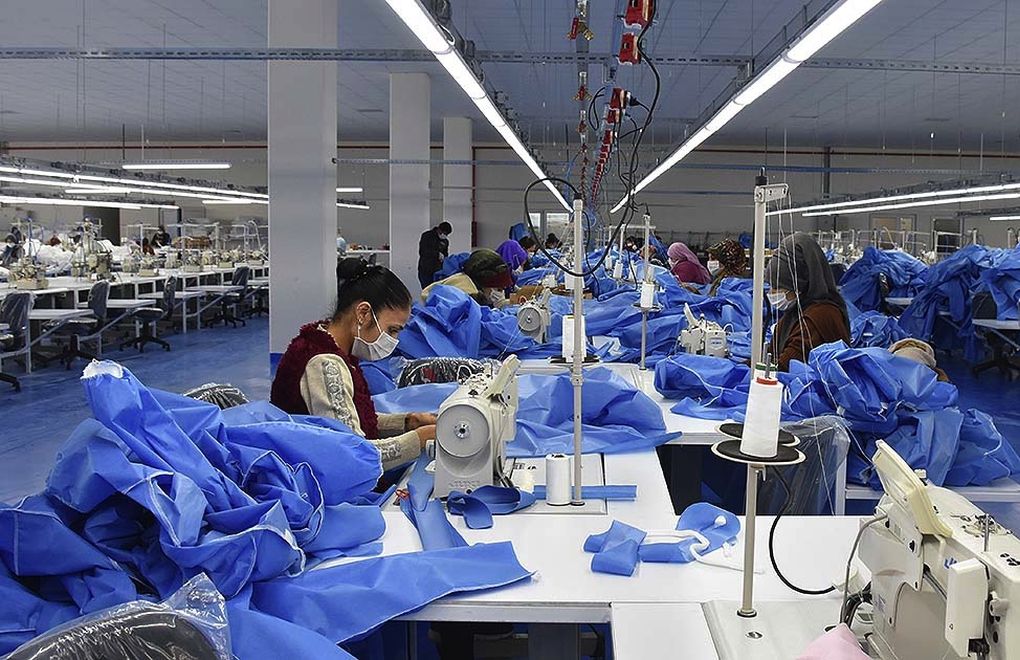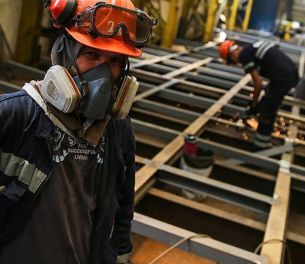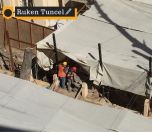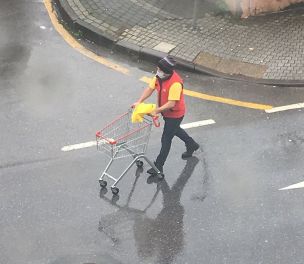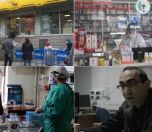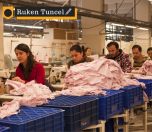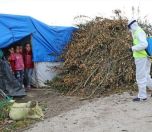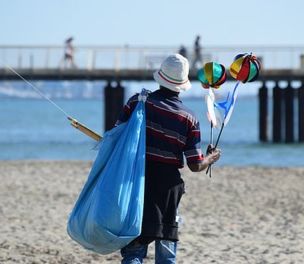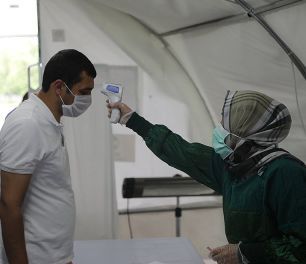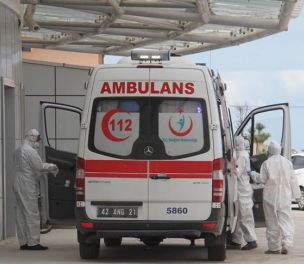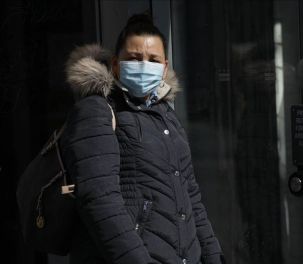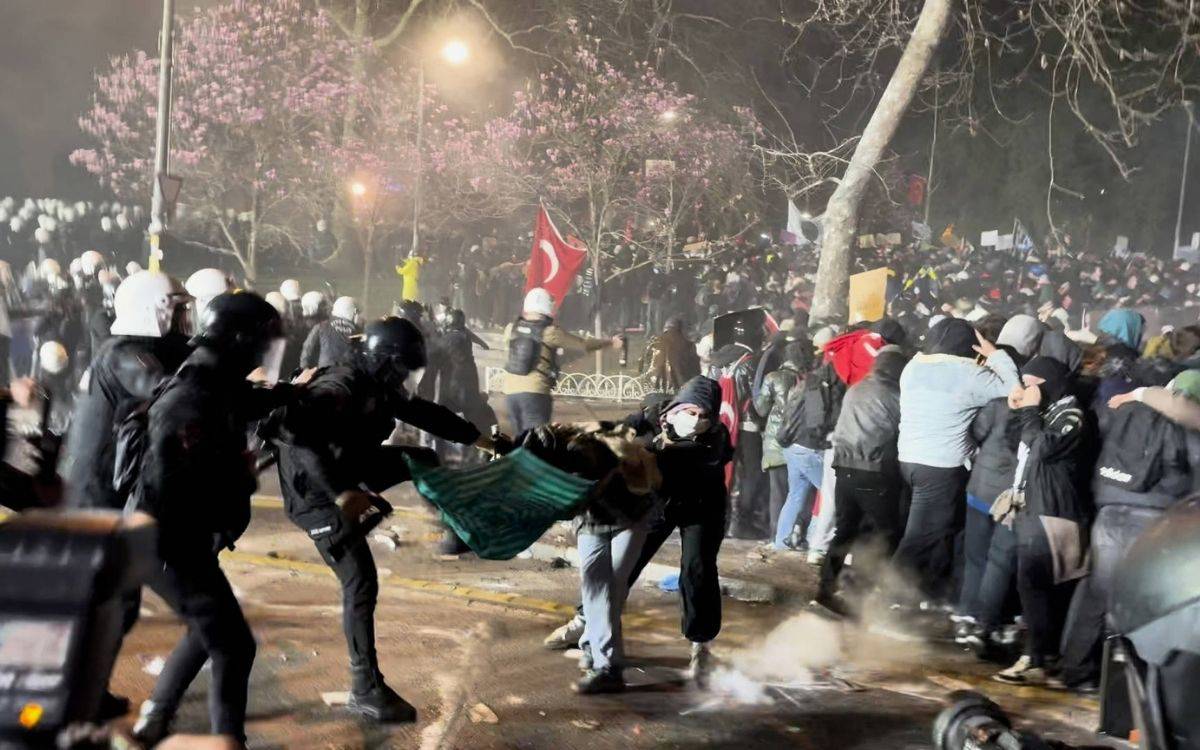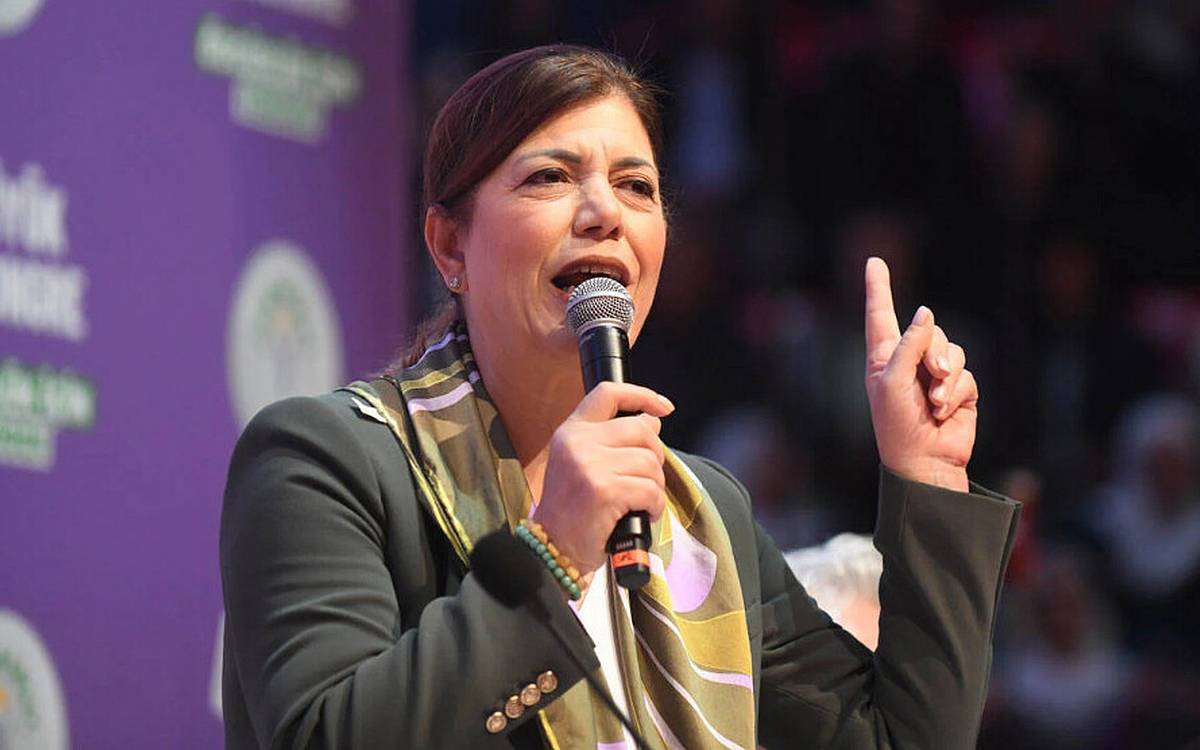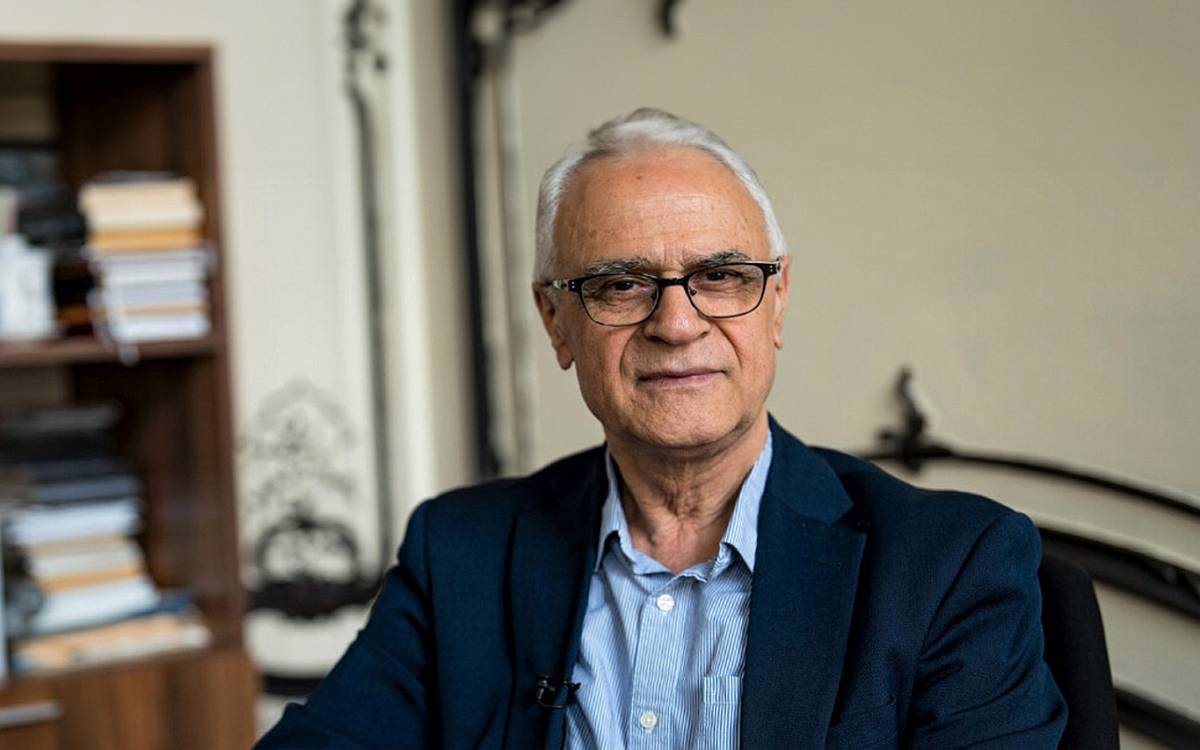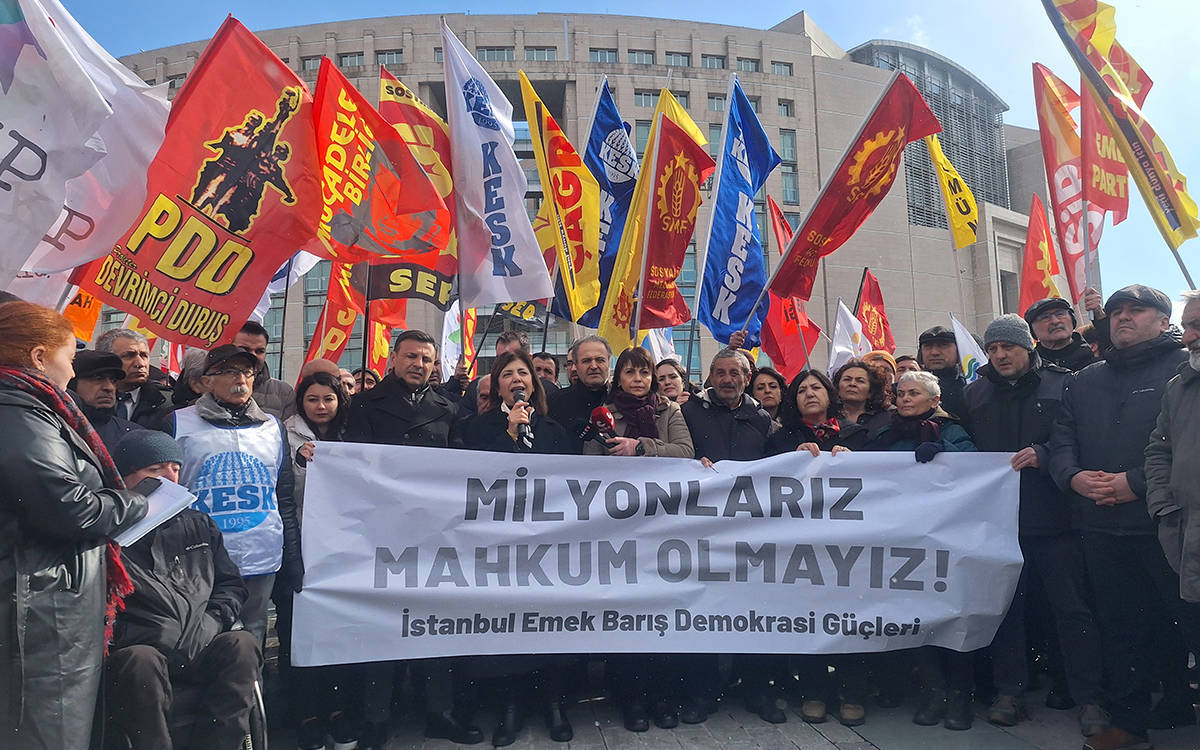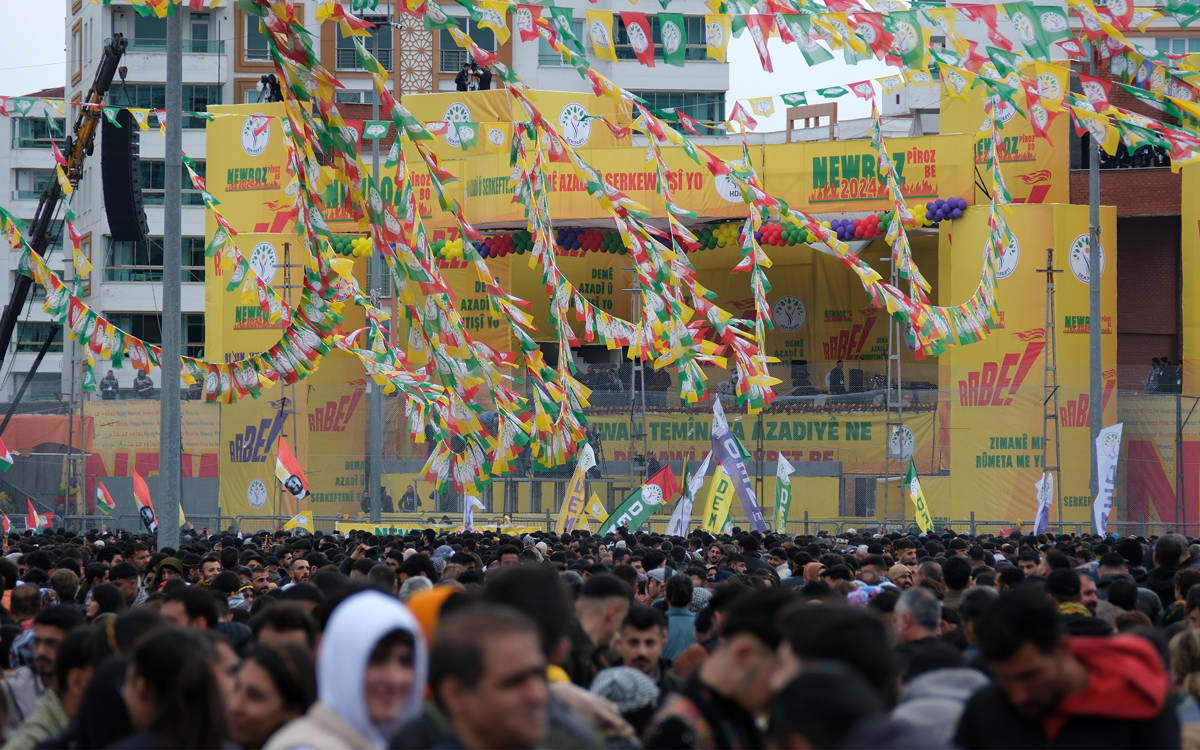Photo: AA
Click to read the article in Turkish
While thousands of people have lost their jobs or have been put on unpaid leave during the pandemic, many others have to go to work.
In many cases, chronically ill people are among them, despite a curfew by the Interior Ministry. On March 21, the ministry banned people over 65 years of age or having a chronic disease from going out.
"Even if they have a chronic disease, people continue working for the fear of losing their jobs. A security guard with a committee report said, 'I have hypertension but it does not always rise. I want to continue working'," says Atınç Kayınova, the chair of the Workplace Doctors' Association.
The number of workers who think like the security guard has now decreased compared to the early times of the epidemic, Kayınova says. "Because they see the increase in the number of cases. But there are still those who are working because of the worry of starvation. Many people are in between the virus and starvation now."
CLICK - Young Employees Exempted from Curfew: 'Does a Divine Power Protect Them?'
Knowing that they might have the disease with little or no symptoms, people take the risk, according to Kayınova.
Precautions against the disease are also not sufficient in many workplaces, he notes.
"We ensured that very good things were done during the epidemic in some workplaces; people with a chronic disease and over 65 years of age were granted leave, areas where social distance could be maintained were opened, hygiene levels were increased.
"But we can't say that these conditions are met in all workplaces. We hear from our workplace doctor colleagues and occupational safety specialists that measures are not widespread. We are talking about an epidemic. If the measures are not implemented at a high level in all workplaces, what the workplaces that took measures have done becomes meaningless."
"People hide their diseases"
There have been measures in the workplaces but they are not sufficient, says Zafer Güzey from the Health and Safety Labour Watch (İSİG) monitoring group. "For example, a mask is said to have protection for four hours. It is said that a removed mask shouldn't be put on again. But employees are given one mask."
"Doctors say the best way to avoid this disease is to avoid contact. But many factories and workplaces that are not vital are still working. Workers go to work in order not to lose their jobs, to be fired.
"Many workers whose immune system is weak, who have an occupational or a chronic disease hide their health problems. They see unemployment as a greater danger than the disease." (RT/VK)





